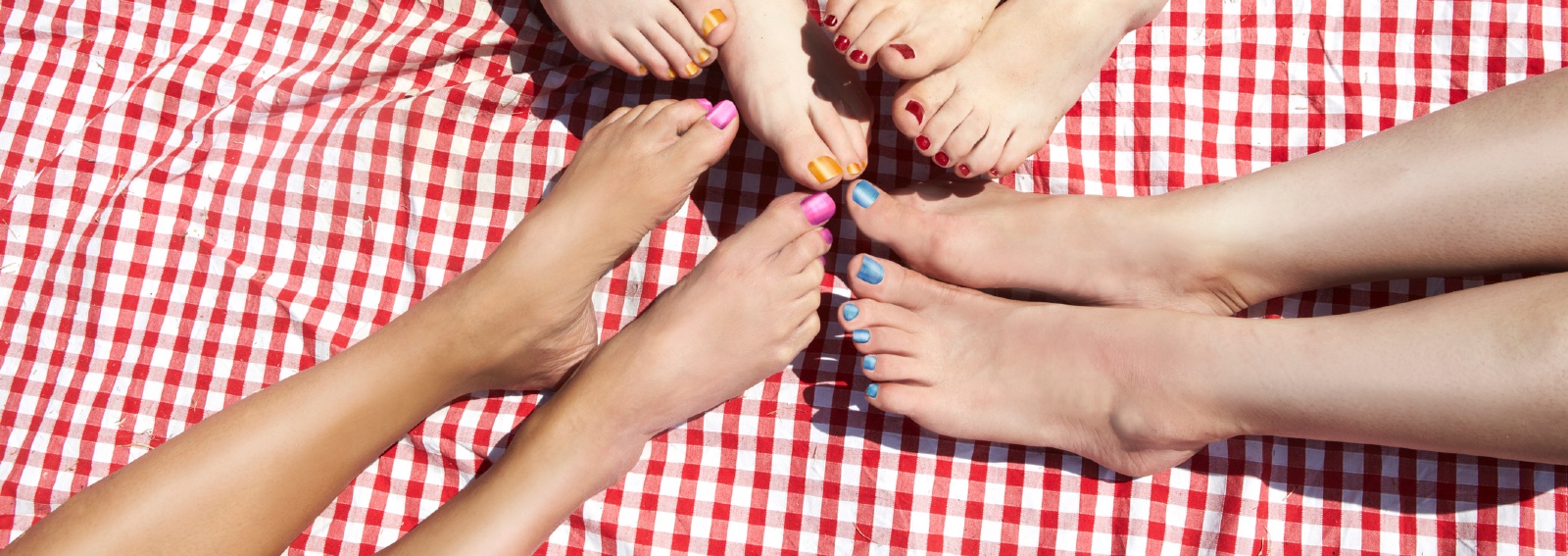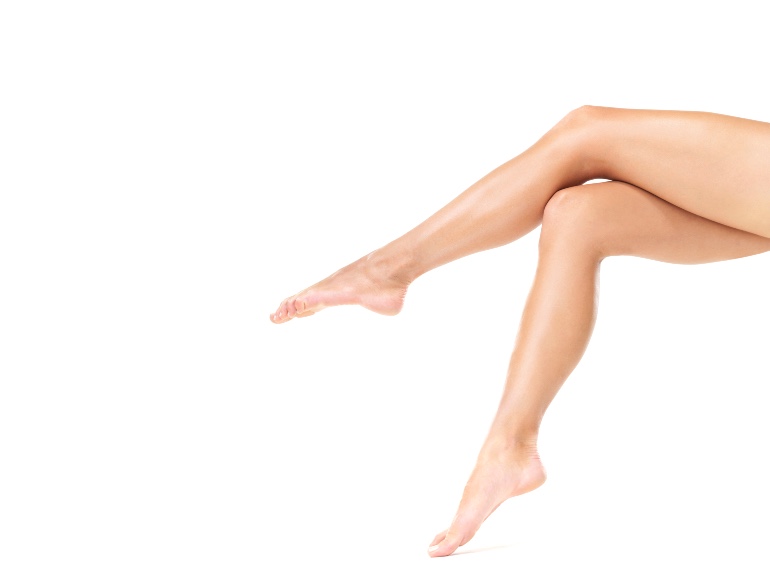

When the heat arrives, along with the desire to wear short dresses, skirts, and shorts, heavy legs often come too, which are put to the test by the first warm days due to fluid retention.
The heat dilates the superficial blood vessels and slows circulation, which can create venous overload, leading to blood stagnation and visible swelling.
This is not just a cosmetic issue: it’s often accompanied by soreness, tingling, and a feeling of heaviness, and in more severe cases, it can even lead to venous insufficiency and other circulatory system disorders.
The good news is that, in milder forms, it is possible to reduce swelling and the feeling of heavy legs by following some simple precautions.
Anti-Cellulite Strategy: 3 Tricks that Work
5 Remedies for Heavy and Swollen Legs

1. Exercise is the First Secret Against Heavy Legs
Sedentary behavior is the first enemy of our well-being: exercising activates the veins and increases their tone, allowing better blood circulation in the tissues.
Prefer dynamic and aerobic activities, but to start, it can be useful to take long walks, choose the stairs instead of the elevator, or do simple leg exercises while working at your desk. If you’re at the beach, moving in the water helps maximize results.
2. Drink Plenty of Water
To have lighter legs, it’s important to keep our body well-hydrated.
Experts recommend (especially in summer) drinking two liters of water a day.
3. Pay Attention to Your Diet to Reduce Leg Swelling
Watch what you eat, not only because being overweight is a risk factor for circulatory diseases. Some foods rich in potassium and magnesium and low in sodium, like fruits, vegetables, fish, or onions, facilitate blood circulation and make the skin healthier and more radiant. Avoid overly fatty, spicy, and salty foods: salt consumption is an enemy of circulation.
4. Comfortable Clothing is Key Against Heavy Legs
Tight and close-fitting clothes can hinder circulation: it’s important, especially in summer, to choose soft and breathable garments. It’s also advised against wearing high heels and wedges for those who suffer from leg swelling. Comfort is the watchword!
5. Elevate Your Legs Whenever Possible
Sleeping with your legs slightly raised, for example with the help of a pillow, helps them feel lighter and less tired upon waking. During the day, those who need to sit for many hours for work should use an ergonomic footrest under the desk: it helps improve posture, bringing benefits not only for circulation.

And if That’s Not Enough?
What to do when these simple precautions are not enough?
“Other aids should be considered, such as elastic compression, especially for those who have a job involving prolonged standing (as long as excessive heat does not prevent its use), or the use of draining supplements,” explains Dr. Elena Righi, Angiologist at Top Doctors.
“If there are signs of varicose veins, pain, or swelling that does not respond to medications or elastic stockings, it is necessary to see a specialist, who will evaluate a therapy according to the case, generally tailored to the patient.”
What is Carnitine and Which Foods Have It?
5 Vegetables to Eat for Debloating and Weight Loss
This article first appeared on Grazia.it












